ProERP is India’s only Google Cloud Based ERP solution for small and medium sized enterprises. Does ERP ring a bell? – Lot of resources, heavy pricing, skilled people managing it? etc. Here comes ProERP to address all those issues in a “Pay As You Go” manner....
Category: Zoom Your Traffic
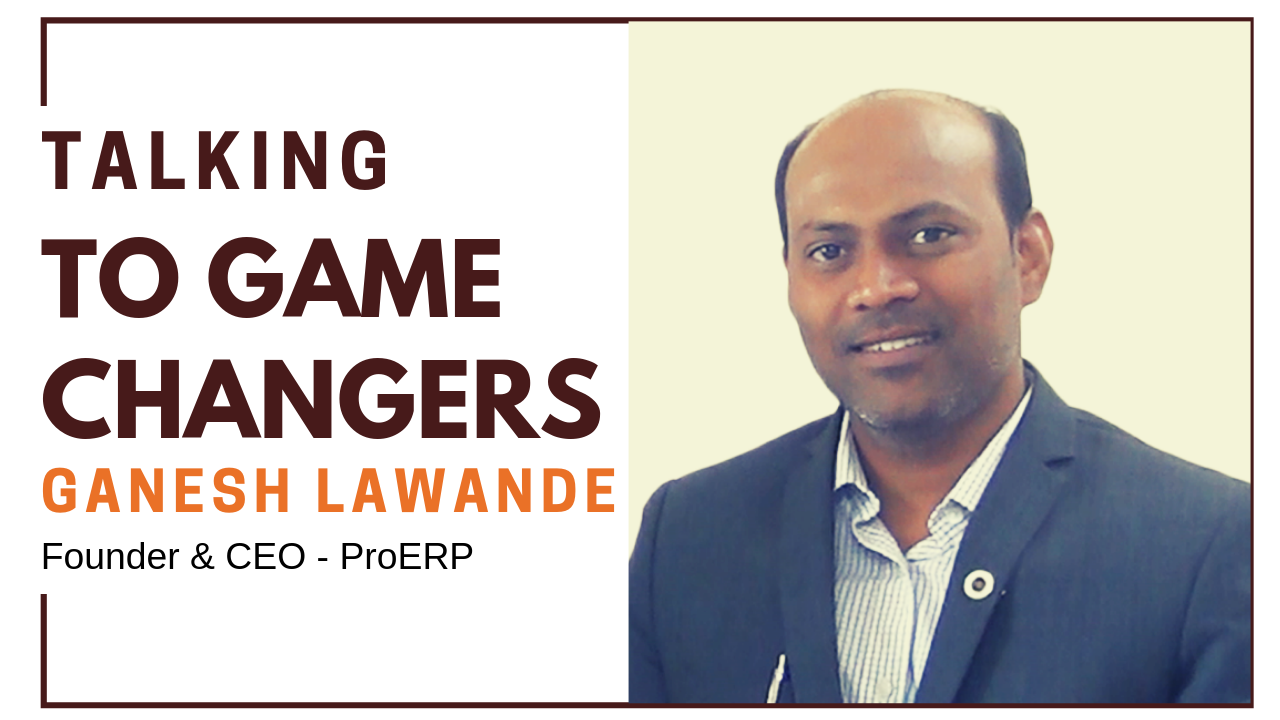
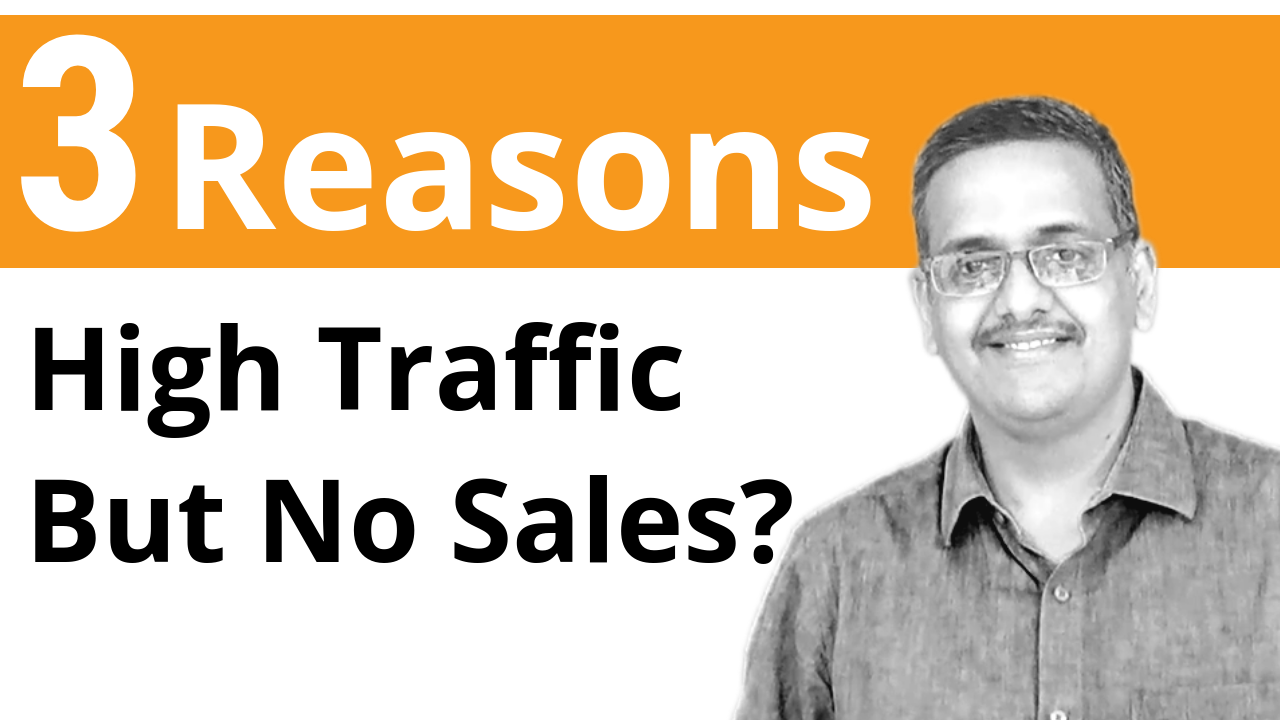
Hello everyone.
In this video, let’s find 3 Reasons why website traffic not converting into sales and could be the probable reasons?
Let’s get started.
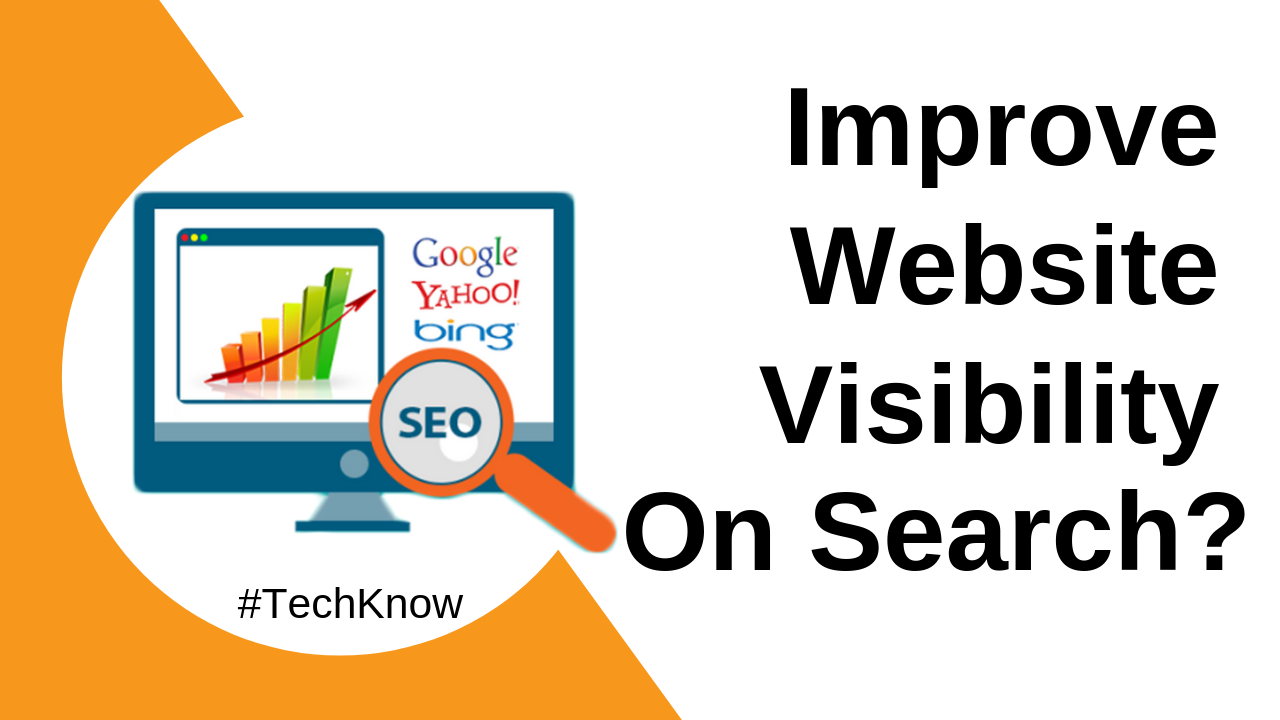
In this #TechKnow Session Parveen explains, what are the SEO tips to improve website visibility in 2019?

As a business, you must be running a lot of SEO and online promotional campaigns for your business either yourself or through agencies and you will be scanning through a lot of reports coming up at the end of every month using Google Analytics, which is the most widely used analytics...
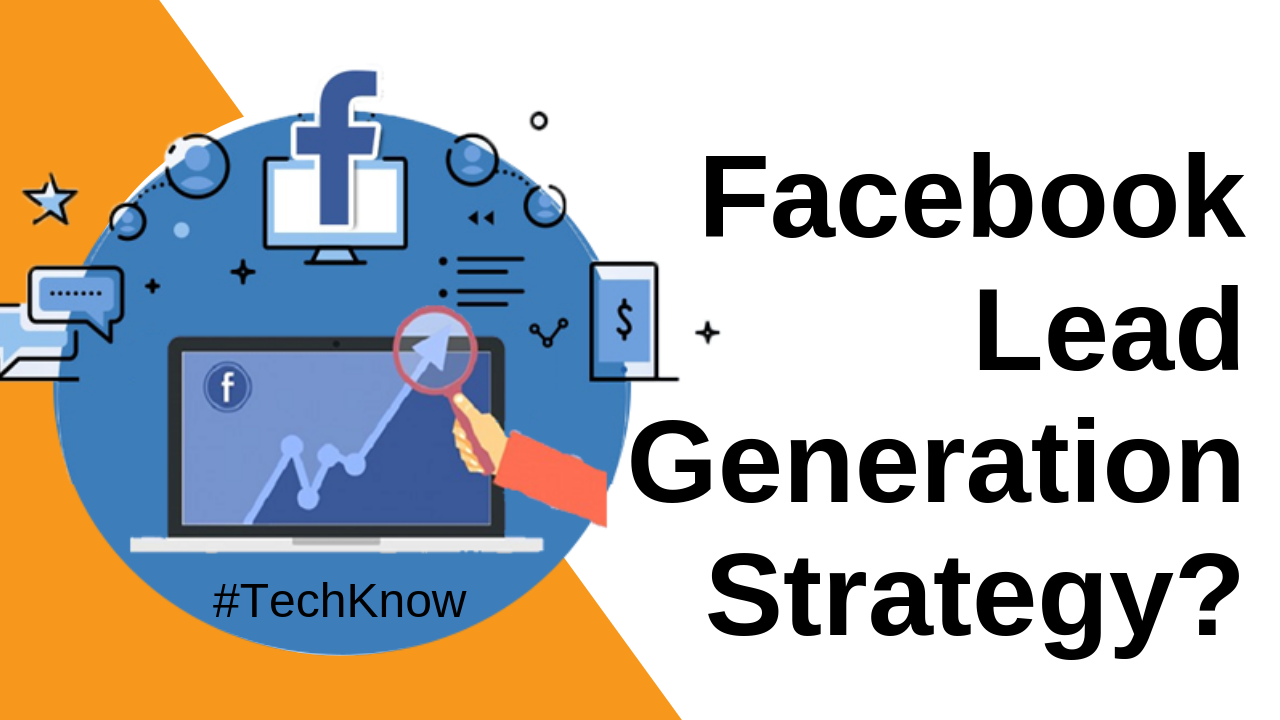
In this #TechKnow Session Parveen explains, what are the best ways to create leads from Facebook? A few questions to answer before we look at FB promotion
What’s your business about? Is your business audience on Facebook?You’d want to capture user’s details to connect with them (1...

Time is running out for the thousands of merchants still using Magento 1.9 or older. Support for Magento 1.9 is due to expire by June 2020 at the latest.
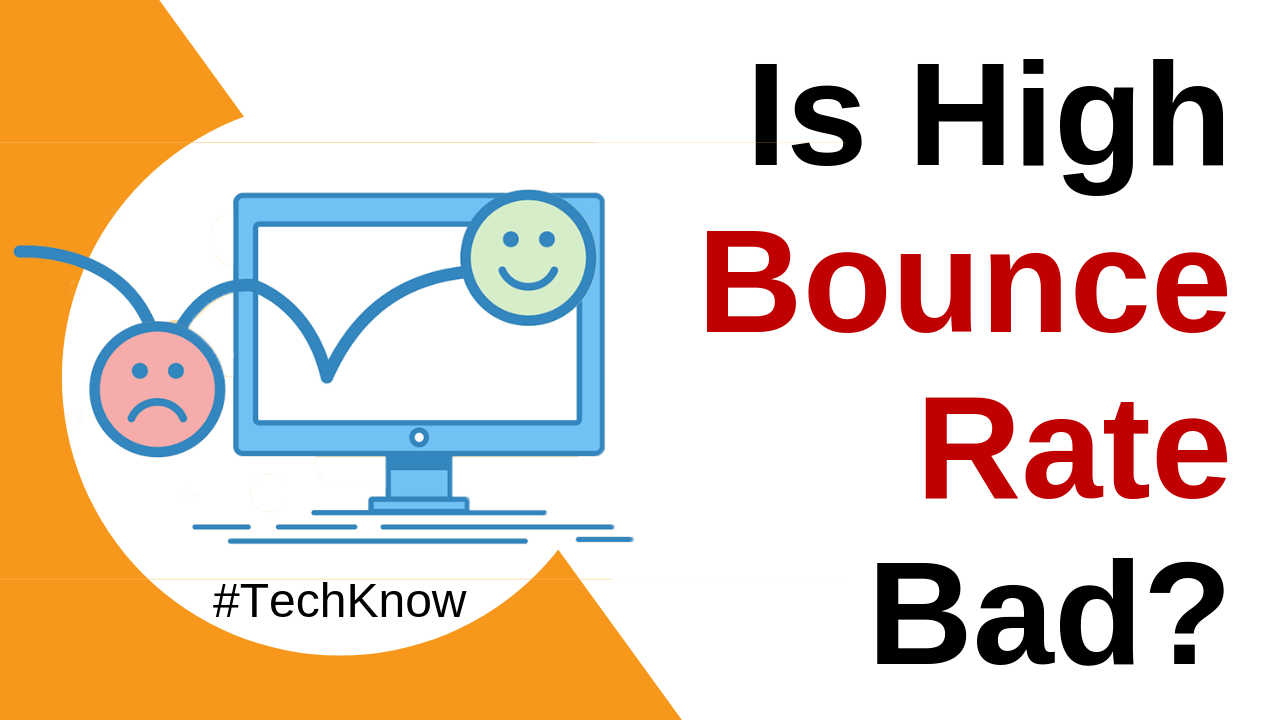
In this #TechKnow Session Parveen explains, What-is-Higher-or-Lower-Bounce-Rate?
Which-is-Better for your Website?
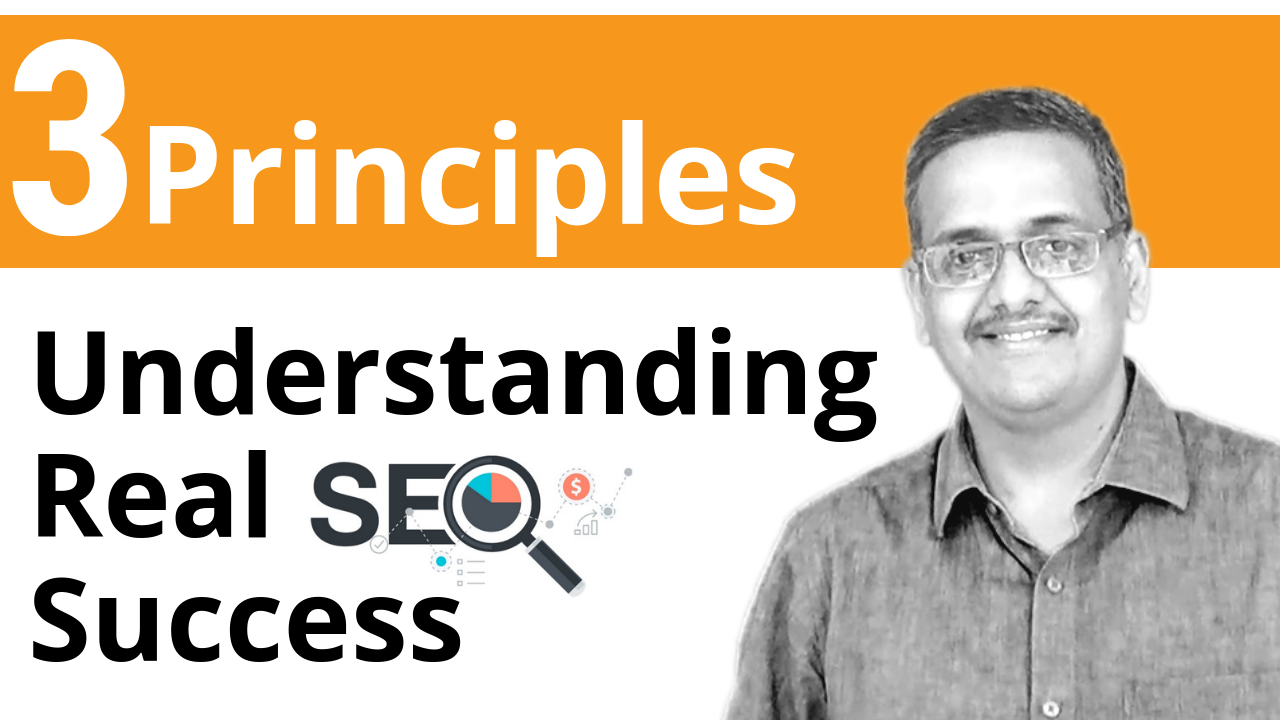
In this video, I’m going to tell you 3 Key Principles to effectively used to make your SEO campaigns successful & work for your online business.

In this #TechKnow Session Parveen explains what’s the secret behind Amazon keyword ranking for product listing?

In this video, we’re going to look at three such questions and how to effectively handle them to come up with successful outcomes.
